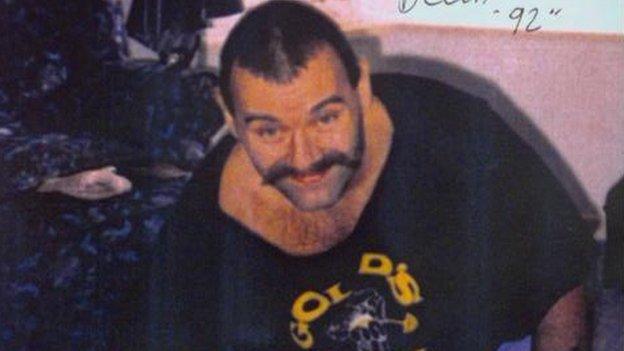Charles Bronson shows signs of PTSD, parole panel told
- Published
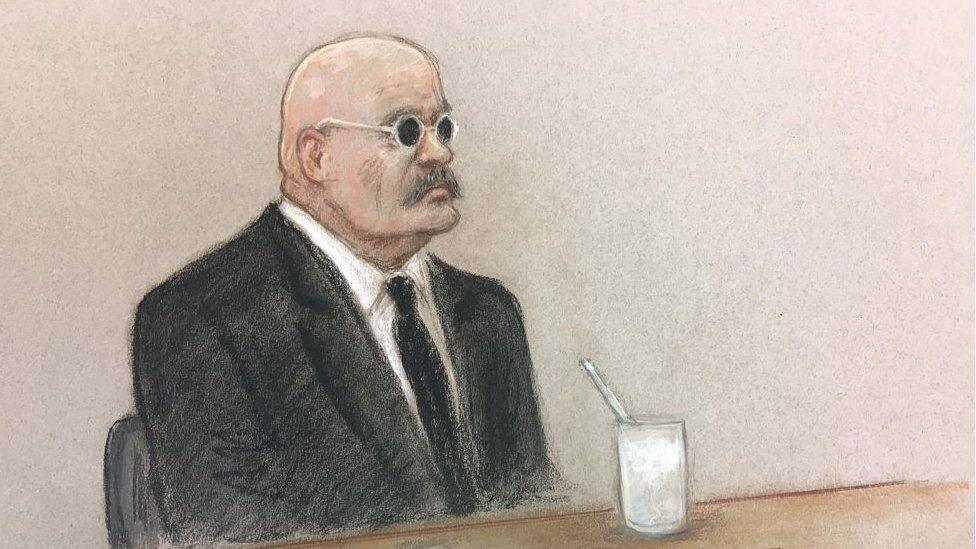
Charles Bronson, who uses the name Charles Salvador, has had parole refused at previous hearings
Charles Bronson, one of the UK's longest-serving prisoners, has signs of post traumatic stress disorder (PTSD), a Parole Board panel has heard.
The 70-year-old, one of the UK's most violent offenders, has been in prison for much of the last 50 years.
A psychologist said his symptoms were partly due to "brutal and unacceptable treatment" while in prison.
"He feels like the whole system is about humiliating and degrading him," she added.
The independent psychologist, hired by Bronson's legal team, told the panel that his symptoms were "mild".
The Parole Board panel is deciding whether he is still a risk to the public, or whether he can be released from prison. Evidence started on Monday and continued on Wednesday.
Bronson said the parole process was "like being on The Apprentice with Lord Sugar" as it broke for lunch.
He also invited the panel to view his art, which he said was "a piece of me".
The psychologist told the hearing that Bronson had been previously diagnosed with anti-social personality disorder and was "naturally somewhat suspicious of other people's motives".
Bronson regarded himself as a "retired prison activist", she said, at which point he interrupted the hearing, saying: "It's the best thing I ever heard."
He has never used a cash machine and would need practical support if released, the psychologist added.
She said his violence towards prison staff would not extend to the public, as it was fuelled by a dislike of authority figures.
'Found violence cathartic'
The prisoner is widely known as Charles Bronson, but the psychologist said he changed his last name to Salvador in 2014 not because of his respect for the surrealist artist Salvador Dali, but because of the meaning of the name Salvador in Spanish, which meant "man of peace" - though a more usual translation was "saviour".
"Mr Salvador is always going to value violence and he found violence cathartic in the past," she told the hearing.
Bronson had some psychopathic traits, she added, but she did not think he would be diagnosed with Paranoid Personality Disorder.
In reference to a hostage situation at Hull Prison in 1999, the psychologist said Bronson needed to have "a cathartic experience".
He was about to be moved and "was concerned about where he might go and what prison officers he might meet", she said.
The psychologist said Bronson now found his art cathartic in the same way that violence once was.
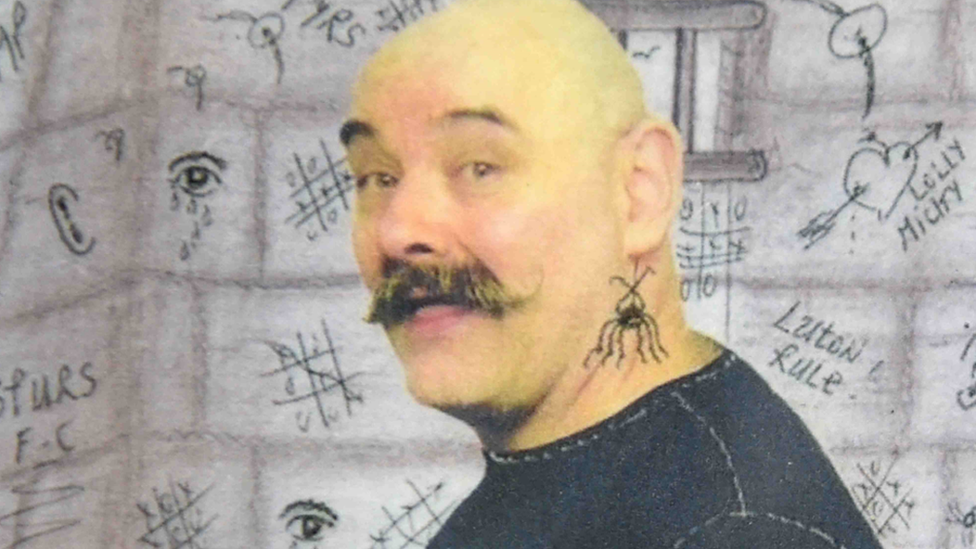
Charles Bronson told the parole hearing on Monday: "I want to go home"
The prisoner is being held at a specialist close supervision centre at Woodhill Prison in Milton Keynes.
The psychologist, who was not named, said she believed he would improve rapidly if moved out of close supervision.
He might be safer in a less restrictive environment, she said, suggesting a prison with "open" conditions might be the perfect environment for him.
"If I was to make recommendations, I would like to see him moved down through security," she said.

Who is Charles Bronson?
Real name is Michael Gordon Peterson
Originally from Luton, he was convicted of armed robbery in 1974, aged 21, and apart from a couple of brief spells of freedom, he has been in prison ever since
Changed his name to Charles Bronson in 1987; most of his notoriety came after that moment
Took an art teacher hostage in 1999, for which he received a life sentence
In 2014, he changed his name, again, to Charles Salvador
Most recent conviction was in 2014, for assaulting a prison governor
Prison record also details an alleged attempt to commit an assault against a governor at Frankland prison in Durham in April 2018, because of a withheld photo of his mother
Allegedly made threats to a governor at the same prison in February 2019 and to a governor at Woodhill Prison the following month

As Bronson listened to evidence during the day, he could be seen gently rocking in his chair and sighing. He was wearing a black T-shirt with white writing on it, dark, round glasses, and he was sipping from a drink carton using a straw.
The psychologist said Bronson had coped "pretty well" sitting through the parole hearing, saying "we're expecting too much" if the panel wanted him to "not become frustrated and not become loud, belligerent and swear" during proceedings.
In the past he would "not have been able to tolerate this at all without some sort of outburst", she said.
On Monday, Bronson could be heard muttering under his breath at times and sighing loudly, but he largely remained silent as the psychologist gave evidence.
'Medium risk'
The Parole Board panel also heard from the probation officer allocated to Bronson's case - his community offender manager.
She said no-one on the Multi-Agency Public Protection Arrangements (MAPPA) panel, which regularly discussed his case, thought he was ready for release.
"It's that slow, progressive transition that people want to see," she told the board.
The probation officer confirmed that Bronson had not been involved in any violence in prison in the last four years and his risk to staff was now assessed as "medium". At one point it was "very high".
But she said if Bronson was released then she was "concerned about how his longer term relationship with probation would work".
A prison officer, described as Bronson's personal officer, told the panel that he no longer needed to be in the close supervision centre.
"I think everyone knows he's ready to progress and it's just not happening for whatever reason," he said.
Asked about his risk of reoffending if released, he said: "He knows that if he does something wrong he'll be back inside and that will be the final nail in the coffin."
Author Richard Booth, a friend of Bronson's, said if released the pair planned to set up a charitable foundation with money raised from the sale of the inmate's art.
It heard Bronson's prison artwork had raised £100,000 so far, of which a third would go to the foundation. The remaining two-thirds was held in a separate not-for-profit account, Mr Booth said.
During the first day of evidence on Monday, the panel was told Bronson would not have the skills to cope outside of prison.
This is only the second Parole Board hearing ever to be held in public, but this one has a far higher profile than the first.
Members of the press and public filled Court 76 at the Royal Courts of Justice to watch it on a live video link.
If the Parole Board panel decide against releasing Bronson, they are also being asked to consider allowing him to be moved to "open" prison conditions where he would have much more freedom.
A third day of evidence will be held in private to discuss confidential matters on Friday, with a decision to be announced at a later date.

Find BBC News: East of England on Facebook, external, Instagram, external and Twitter, external. If you have a story suggestion email eastofenglandnews@bbc.co.uk, external
Related topics
- Published6 March 2023

- Published30 March 2023
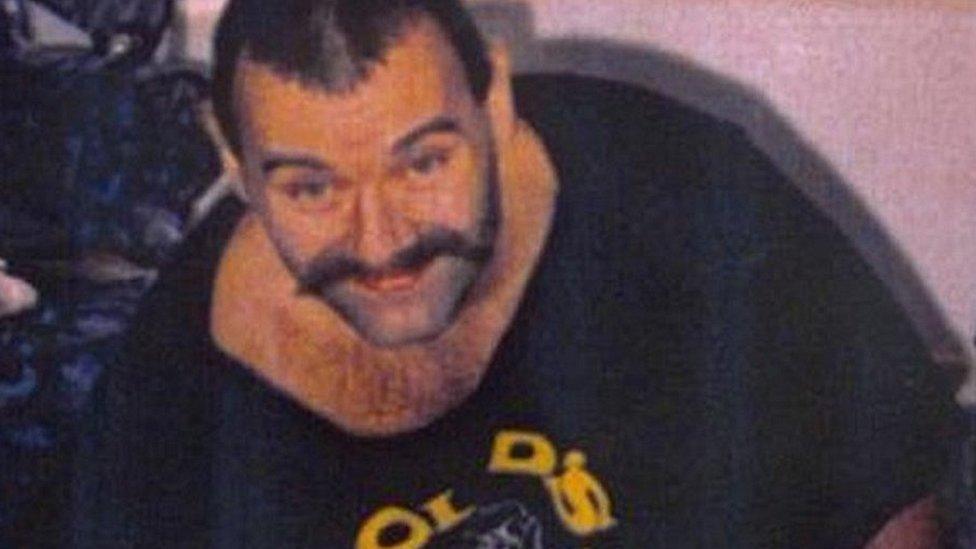
- Published9 November 2022
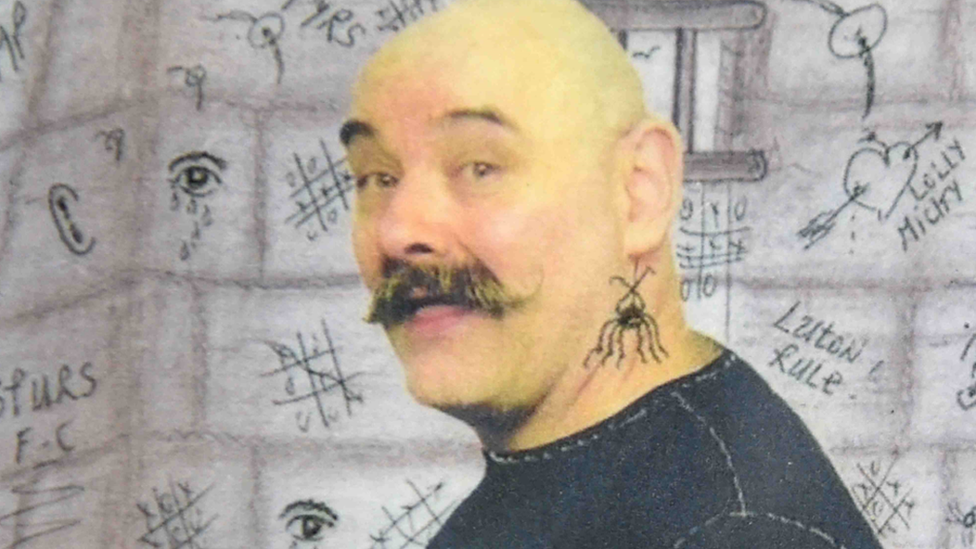
- Published21 July 2022
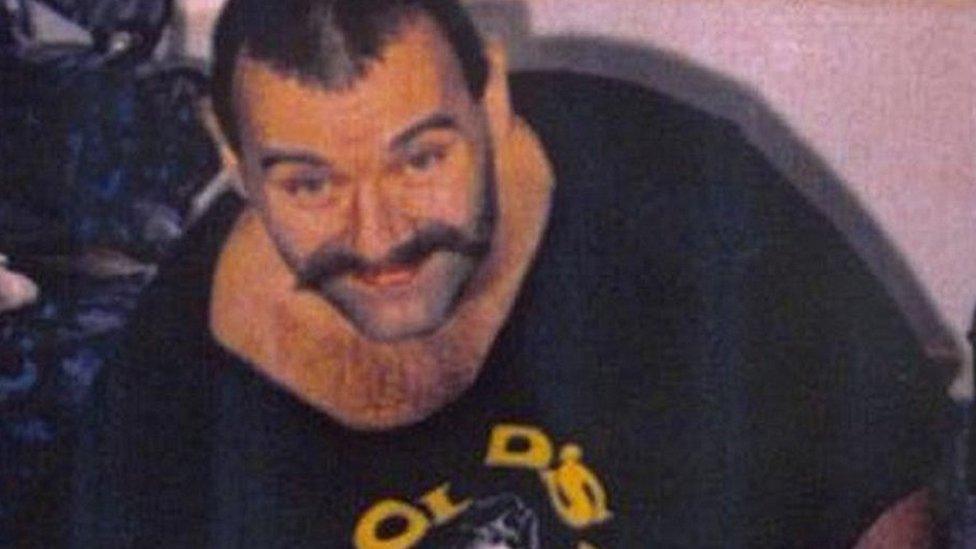
- Published15 November 2018
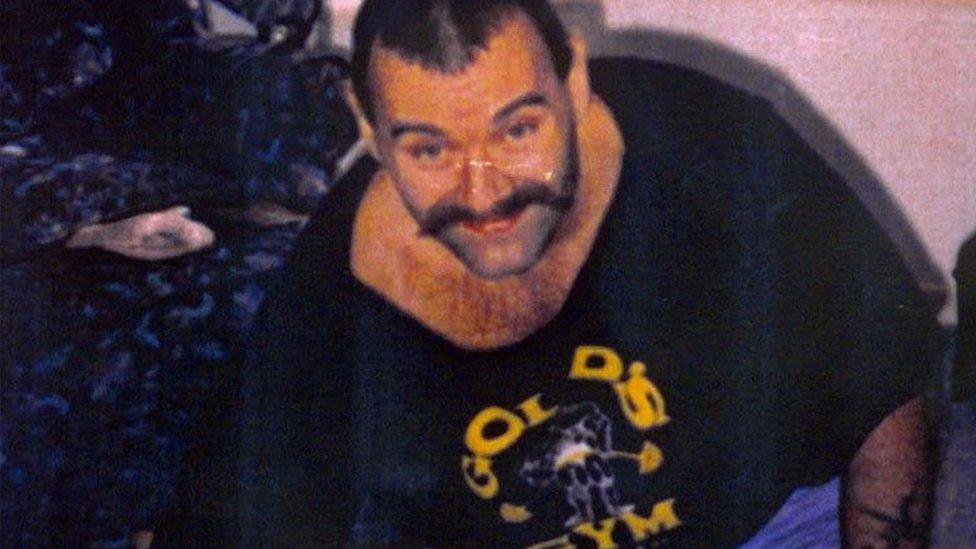
- Published3 August 2018
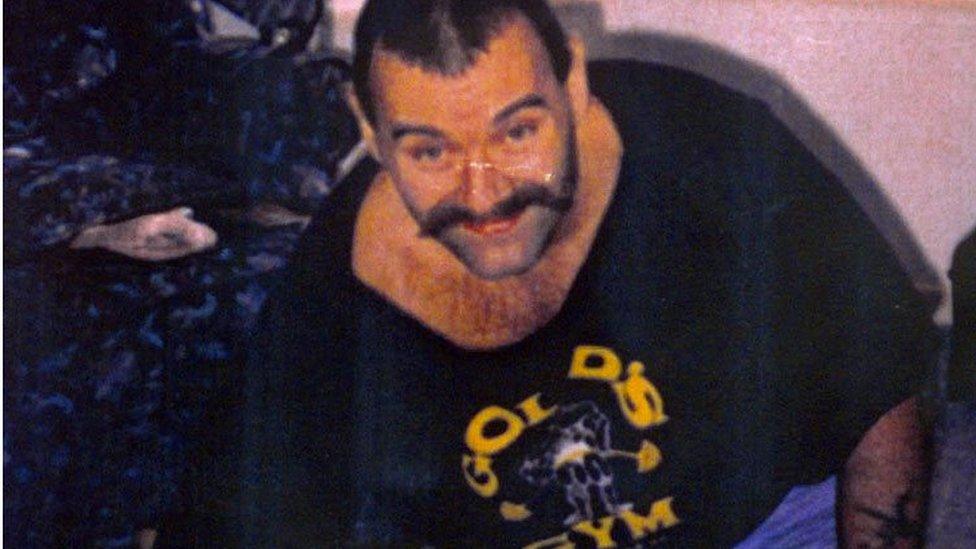
- Published4 November 2017
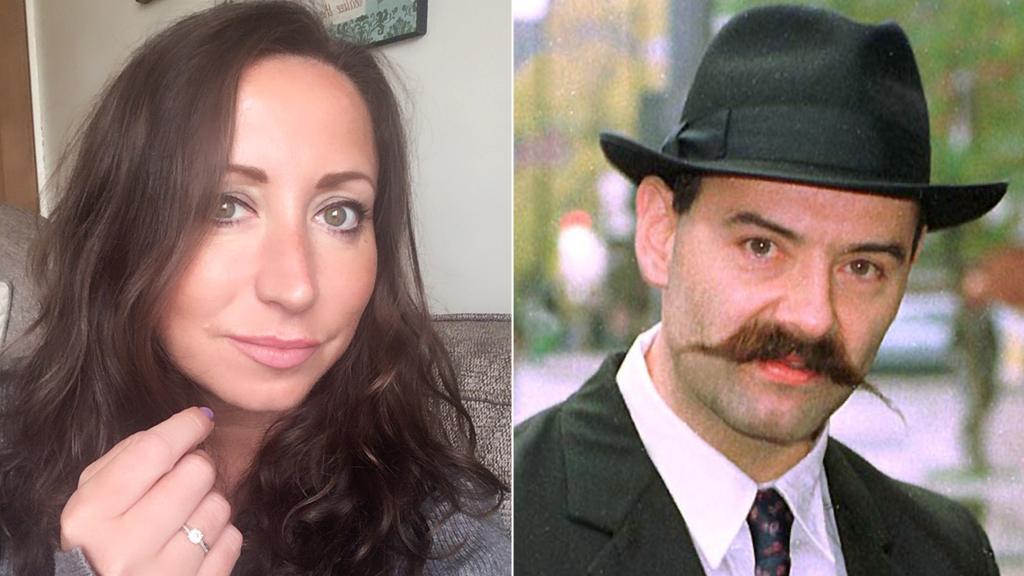
- Published10 October 2014
